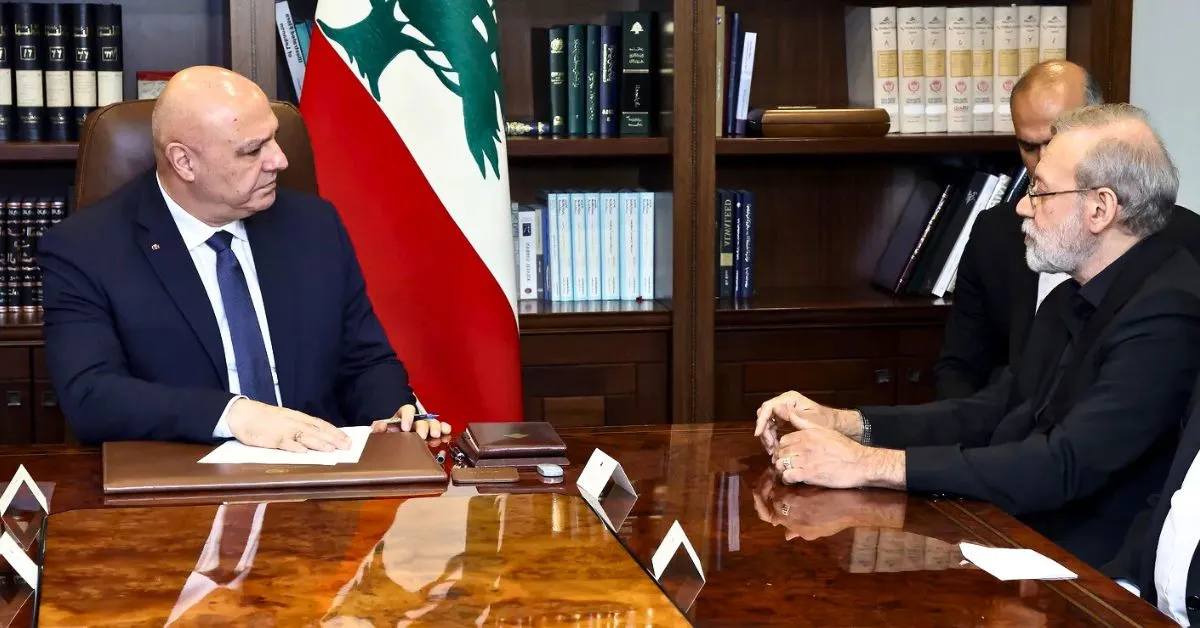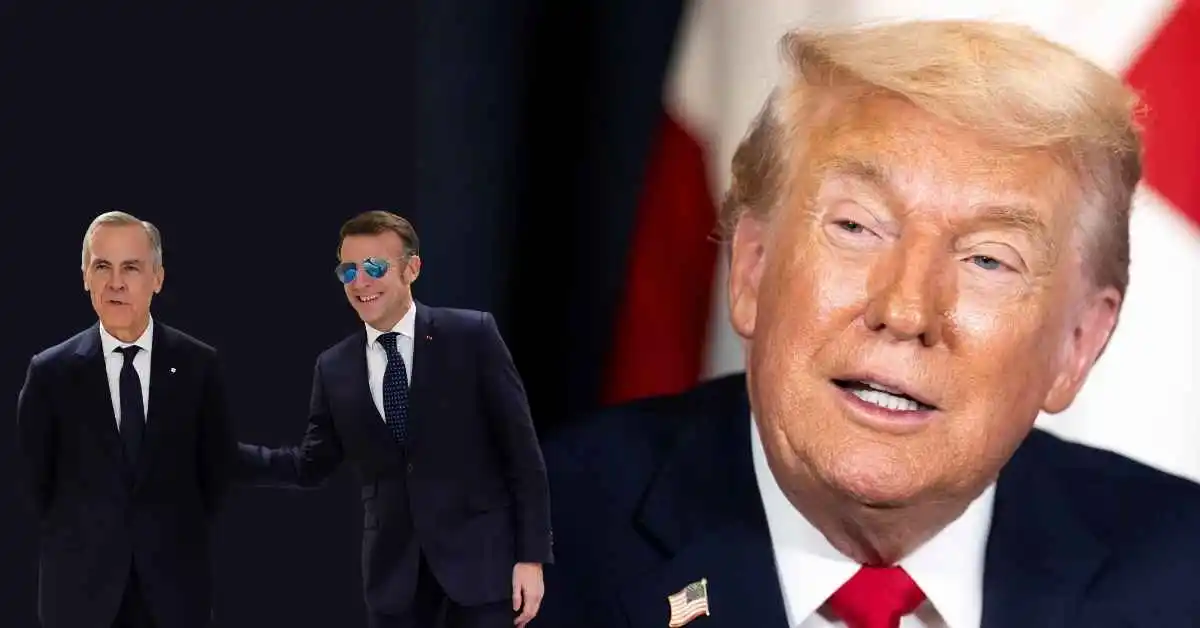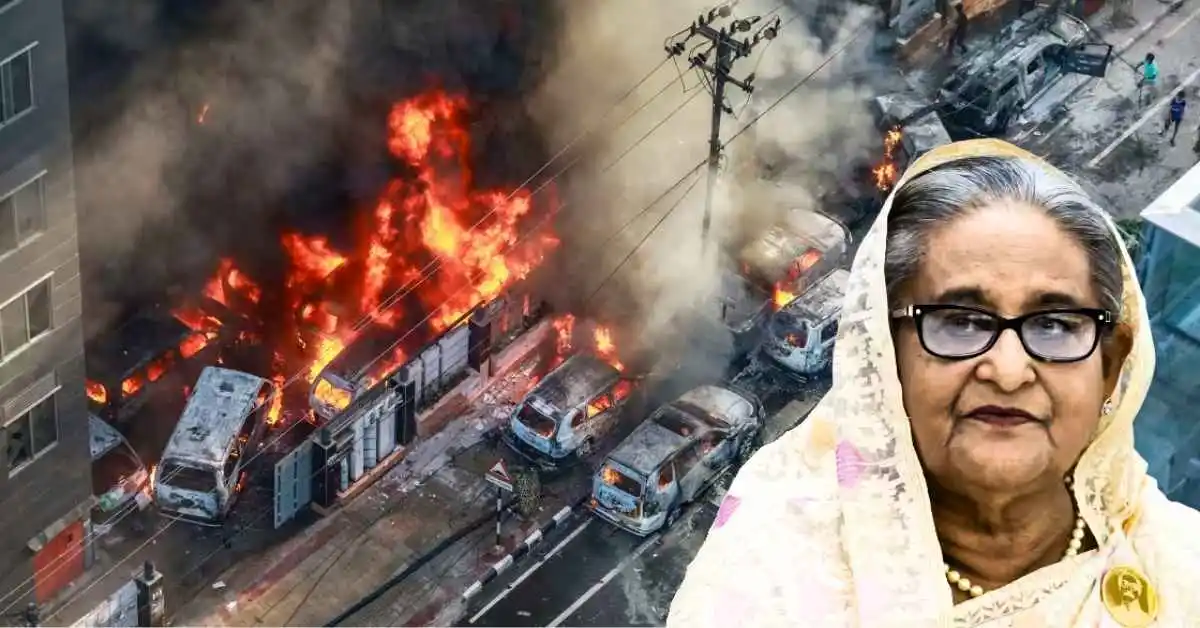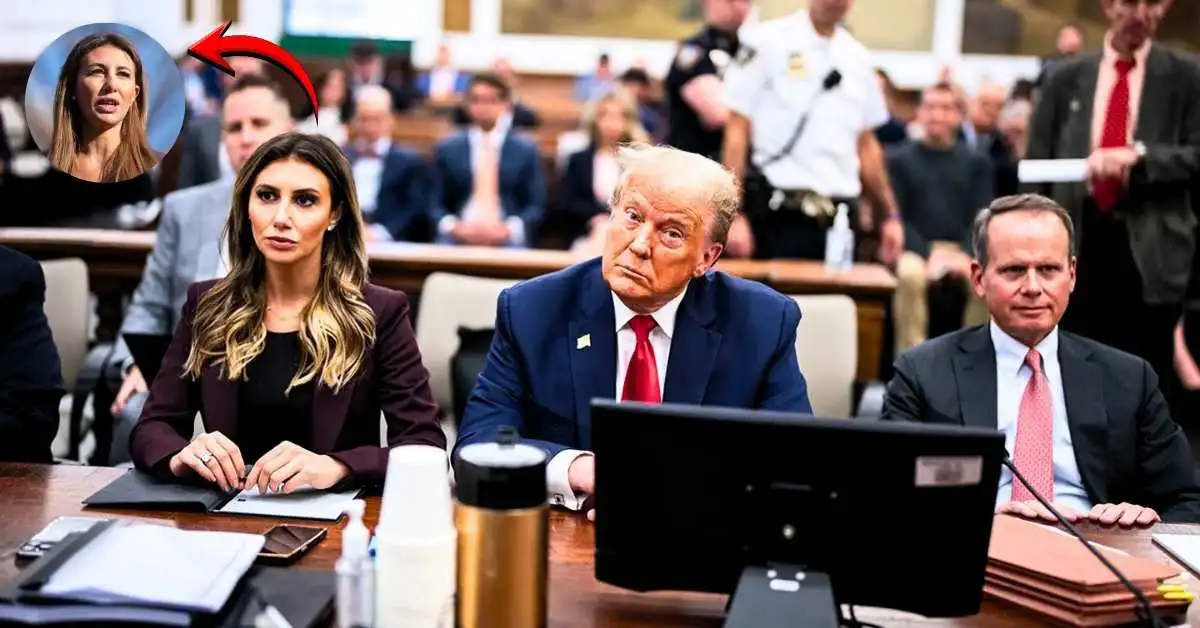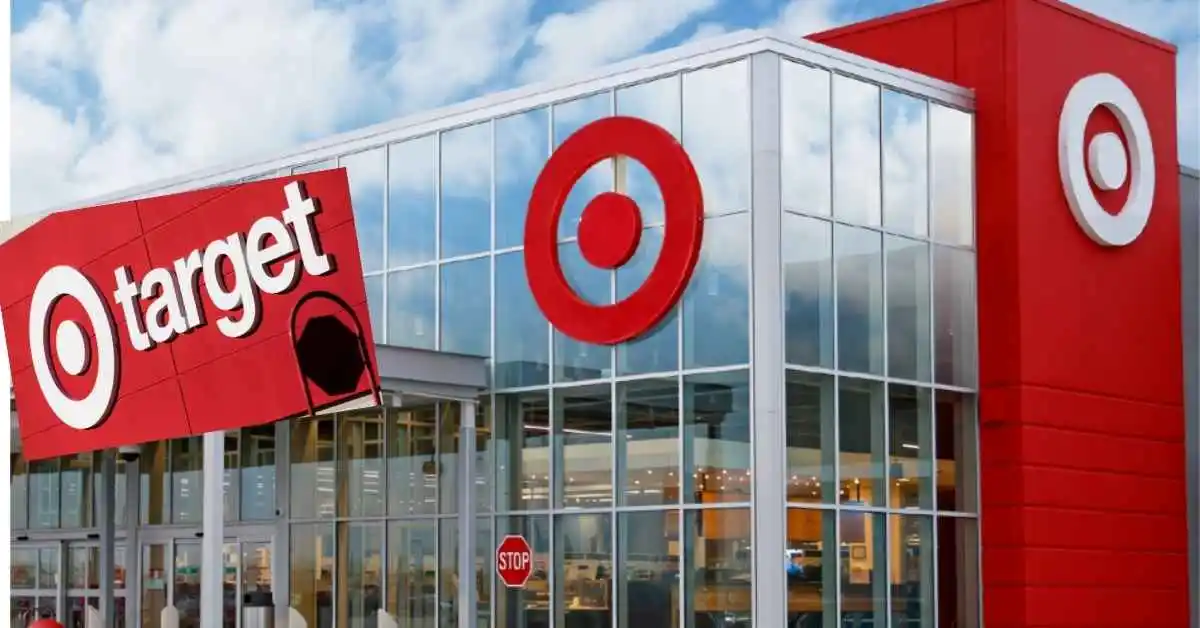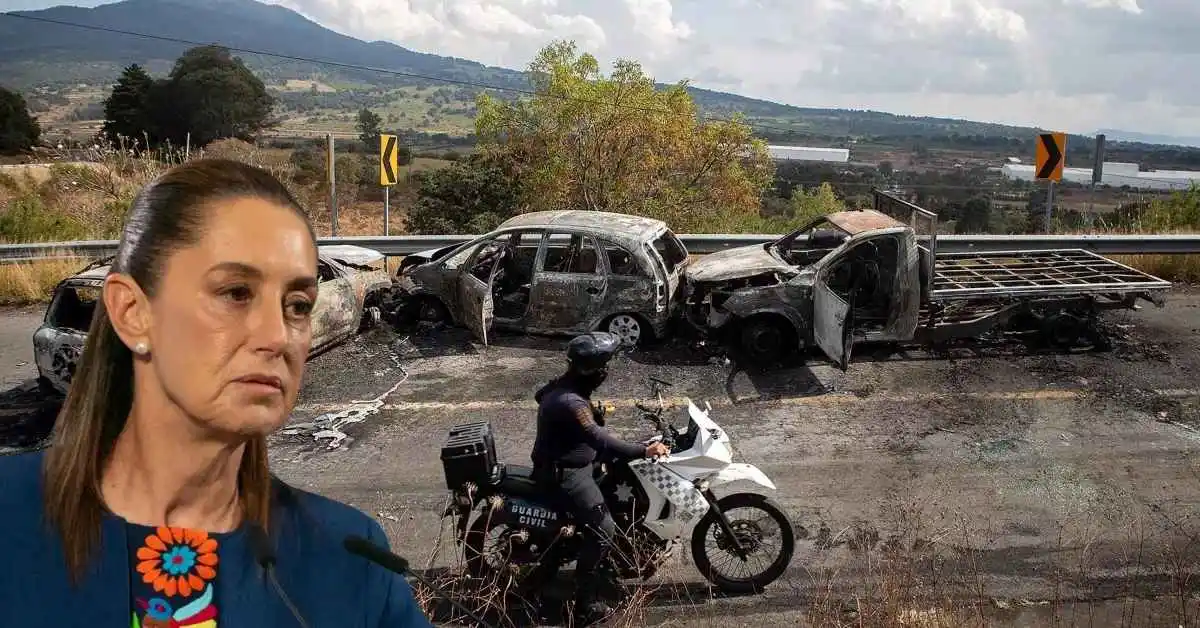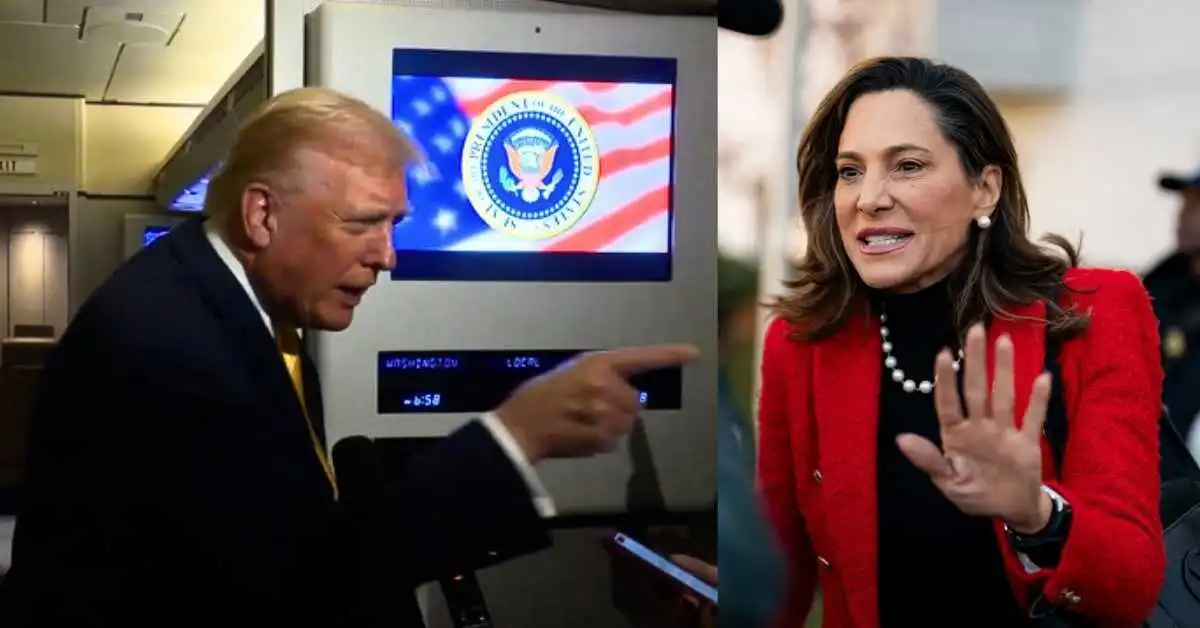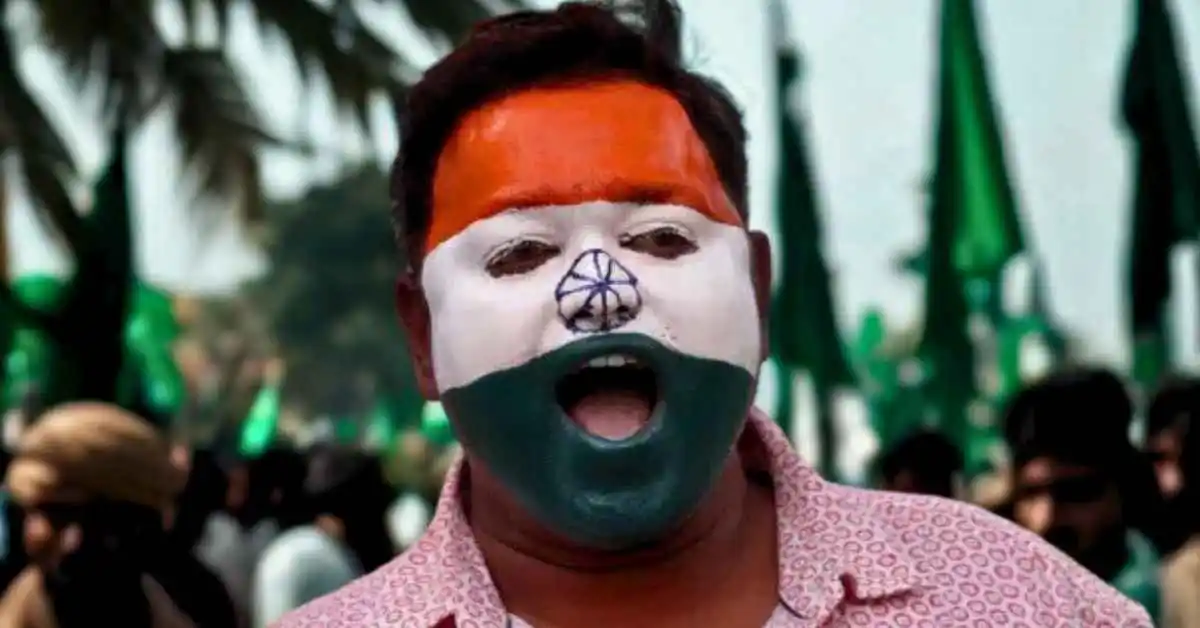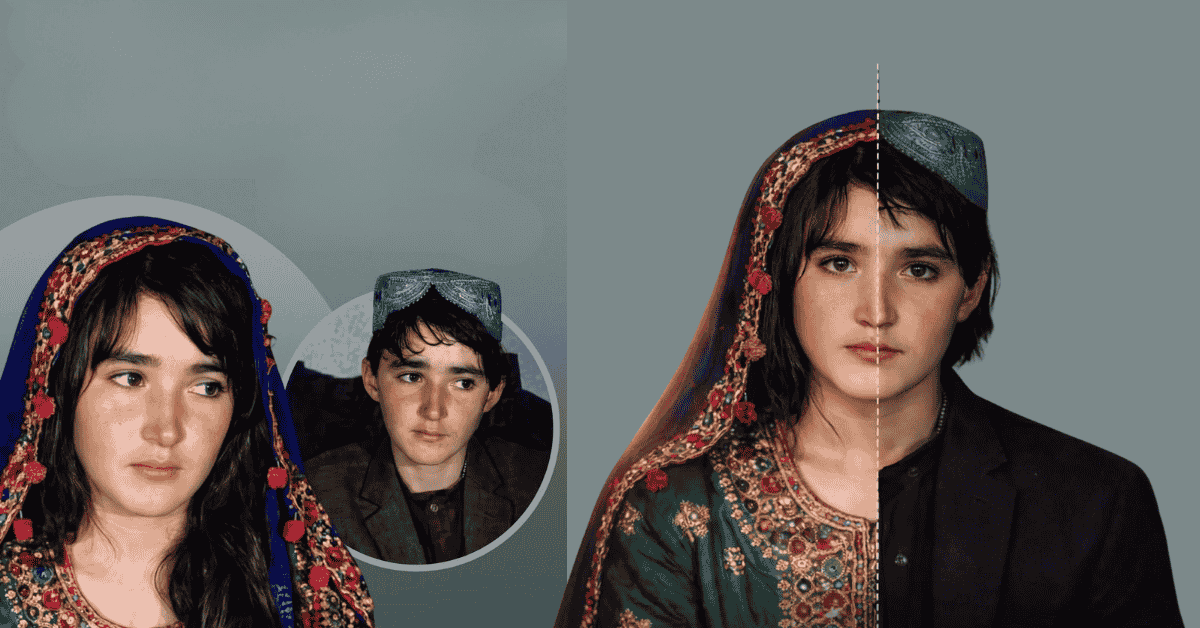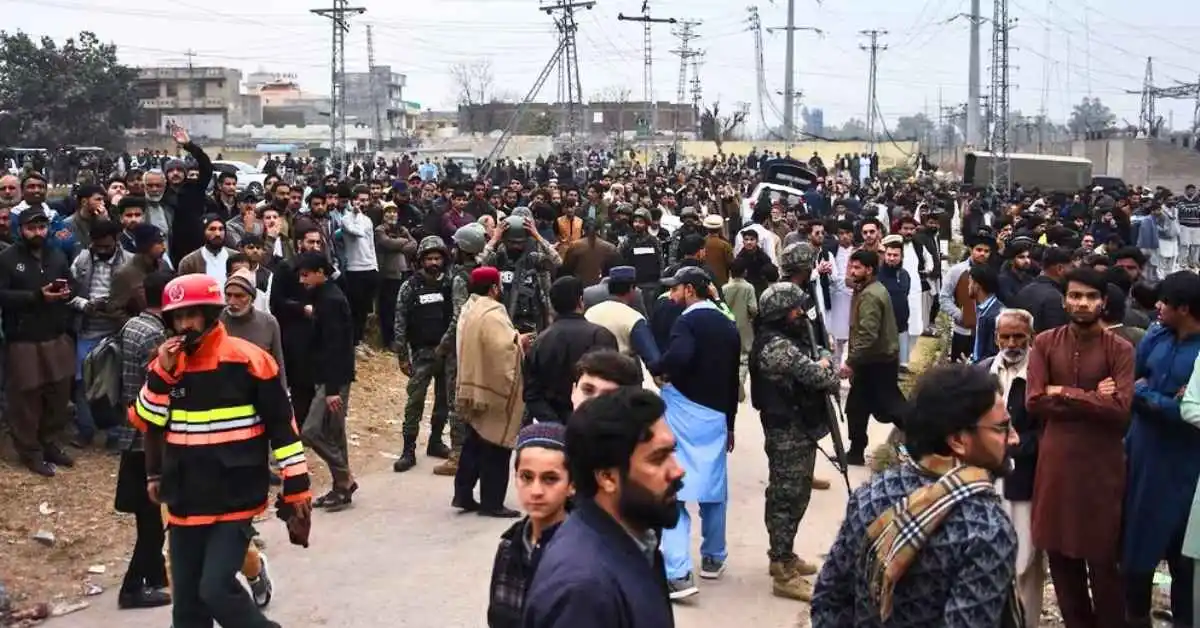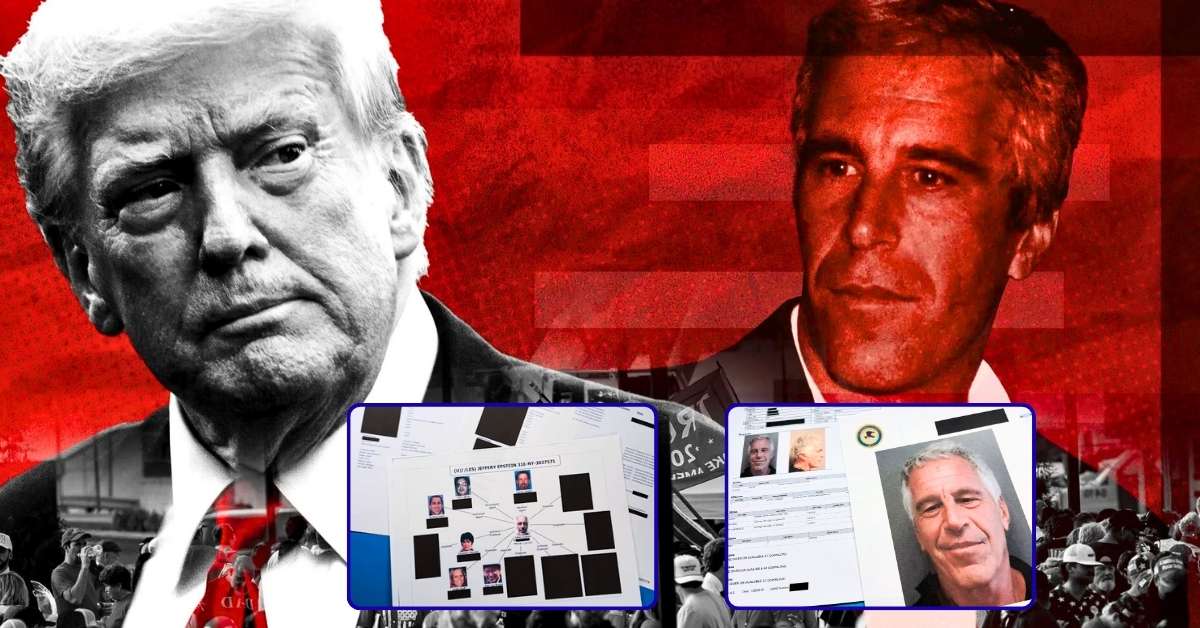In a region that has long been defined by militias, proxy wars, and foreign influences, Lebanon is once again standing at a historical crossroads.
President Joseph Aoun’s recent statement has shaken the political and military dynamics of the Middle East, especially the Iran-backed Hezbollah network that has dominated Lebanon’s power structure for decades.
As part of my detailed research on regional geopolitics and power shifts, this moment feels different. For the first time in years, Lebanon’s leadership is openly challenging the narrative that has kept the country hostage between war and peace.
Let’s break down the entire situation, what exactly President Aoun said, why it matters, how Iran responded, and what this could mean for the future of Lebanon and the broader Middle East.
Aoun’s Bold Stand: “Only the Lebanese State Holds the Right to Weapons”
During a meeting in Beirut with Ali Larijani, the head of Iran’s Supreme National Security Council, President Aoun made his position crystal clear:
“Lebanon is open for friendship and cooperation with Iran, but such relations must always be based on mutual respect and national sovereignty.”
This was not a routine diplomatic line. It was a message layered with political weight.
Aoun emphasized that Lebanon’s security belongs to the Lebanese state and its Army, not to any group, militia, or foreign-backed faction.
This statement came days after the Lebanese cabinet approved the key points of a U.S.-backed disarmament plan, aiming to disarm Hezbollah and all other non-state armed groups gradually.
That approval, though still in its early stages, marks a turning point in Lebanese politics.
For years, Hezbollah has maintained that its weapons are “for national defense” against Israel. But in reality, its influence has extended deep into Lebanon’s political and economic structures, often overshadowing state authority.
Aoun’s words, therefore, were not just a presidential statement; they were a line drawn in the sand.
The Message Behind the Message
While Aoun maintained diplomatic politeness during his meeting with Larijani, the subtext was unmistakable. Lebanon is tired of being treated like a battlefield between Tehran, Tel Aviv, and Washington.
According to my research into Lebanon’s internal security reports, several ministers within the cabinet had privately warned that the country cannot move forward economically or politically unless “all weapons come under state control.” The growing frustration among Lebanese citizens, especially after years of economic collapse and corruption, has made it politically possible for Aoun to take this stand.
He also pointed out that some recent statements from Iranian officials about Hezbollah and the disarmament plan were “not constructive” and “harmful for Lebanon’s stability.”
In diplomatic language, that’s as close as one can get to a direct warning.
Iran’s Response: Respectful Words, Strategic Caution
Ali Larijani’s visit to Beirut was meant to cool tensions, but his statements revealed Iran’s nervousness. He told reporters that Iran respects Lebanon’s sovereignty and “does not interfere in its internal affairs.”
However, he added a subtle condition:
“If Lebanon’s decisions are made in consultation with the Muqawamat (Hezbollah), Iran will fully respect them.”
This single line exposes the dilemma.
Iran says it supports Lebanon’s independence, but its definition of “independence” includes Hezbollah’s consent, a contradiction that Lebanon is finally questioning.
Larijani also accused the United States of “interfering in Lebanon’s affairs,” calling the new disarmament roadmap a “Washington-designed trap.”
He warned that if Lebanon “chooses its enemies poorly,” it might face new security challenges, indirectly referring to Israel.
This balancing act shows Iran’s current position: it doesn’t want to lose Lebanon, but it also cannot afford to confront Aoun openly while facing economic isolation and pressure in Syria and Iraq.
Understanding the U.S.-Backed Disarmament Plan
The disarmament plan, approved by Lebanon’s cabinet, was drafted with input from U.S. envoy Tom Barrack.
Its main goal:
To gradually dismantle Hezbollah’s independent military power while strengthening the Lebanese Army’s control over all weapons and borders.
Key points of the plan include:
- Gradual integration of Hezbollah fighters into the national defense structure
- Establishing checkpoints and security zones controlled only by the Lebanese Army
- Conditional U.S. aid tied to progress in disarmament
- Diplomatic channels with Israel to ensure no fresh conflict during the process
The Lebanese military has already begun dismantling several Hezbollah bases in the south.
However, there’s no fixed timeline, mainly due to political pressure from Hezbollah’s allies within the government.
A Weakened Hezbollah, But Not Defeated
After the year-long war with Israel that ended in a ceasefire in November 2024, Hezbollah’s military capability suffered a significant setback.
Most of its senior leadership was killed, and Israeli airstrikes heavily damaged its infrastructure.
But even in decline, Hezbollah remains deeply entrenched in Lebanon’s society.
It operates schools, hospitals, and charities, maintaining its image as a “protector of the Shia community.” This social influence is what makes it so difficult for any government to neutralize it completely.
In my analysis of Hezbollah’s post-war communications, the group has shifted its rhetoric; it now speaks more about “national unity” and “reconstruction” instead of direct resistance.
Still, it refuses to surrender its weapons, claiming they are necessary “until Israel completely ends its occupation and aggression.”
Iran’s Strategic Stakes in Lebanon
For Iran, Hezbollah is not just an ally, it’s a strategic asset in its regional “Axis of Resistance.”
From Tehran’s perspective, losing Hezbollah’s independent military arm would weaken its deterrence against Israel and reduce its leverage in the Middle East.
Analysts I’ve followed from Tehran University and Al Mayadeen suggest that Iran might try to negotiate partial disarmament while preserving Hezbollah’s political role.
That would allow Iran to save face internationally while maintaining influence locally.
But Aoun’s approach is fundamentally different; he wants to build a Lebanon where no foreign capital dictates domestic policy.
And that’s precisely why this confrontation is so historic.
The Israeli Angle
Israel, on the other hand, has made its stance crystal clear:
It will continue airstrikes until Hezbollah is fully disarmed.
In Tel Aviv’s eyes, the disarmament plan is a positive step, but not enough.
Israeli Defense Minister Yoav Gallant recently stated that “as long as Hezbollah retains a single rocket, Israel will consider Lebanon a hostile threat.”
This statement complicates Lebanon’s position. It cannot appear weak domestically by obeying U.S. pressure, nor can it ignore the real security risk from Israel.
What This Means for Lebanon’s Future
Lebanon has reached a stage where neutrality is no longer an option.
Its economy is in ruins, the youth are leaving the country, and the old power system built on sectarian balance is collapsing.
By taking a stand now, Aoun is not just targeting Hezbollah; he’s trying to redefine Lebanese sovereignty in the 21st century.
If his disarmament vision succeeds, Lebanon could finally transform into a fully state-controlled democracy rather than a patchwork of militias.
If it fails, the country risks another civil breakdown or worse, becoming a silent proxy zone once again.
My Conclusion: Aoun’s Lebanon Is Writing a New Chapter
From all the evidence, statements, and diplomatic moves I’ve studied, one thing is sure:
Lebanon is no longer willing to live under the shadow of other nations.
Aoun’s message to Larijani wasn’t just political; it was symbolic of a more profound awakening.
For decades, every major decision in Lebanon was influenced by either Tehran, Washington, or Riyadh. But now, the power is shifting back to Beirut, where it truly belongs.
Hezbollah’s future, Iran’s regional strategy, and even Israel’s approach to border security all depend on how this new Lebanese doctrine unfolds.
In Aoun’s own words, “Lebanon’s destiny will be decided in Beirut, not in Tehran, Washington, or anywhere else.” And that, in many ways, is the most powerful line of the new Middle East narrative.
